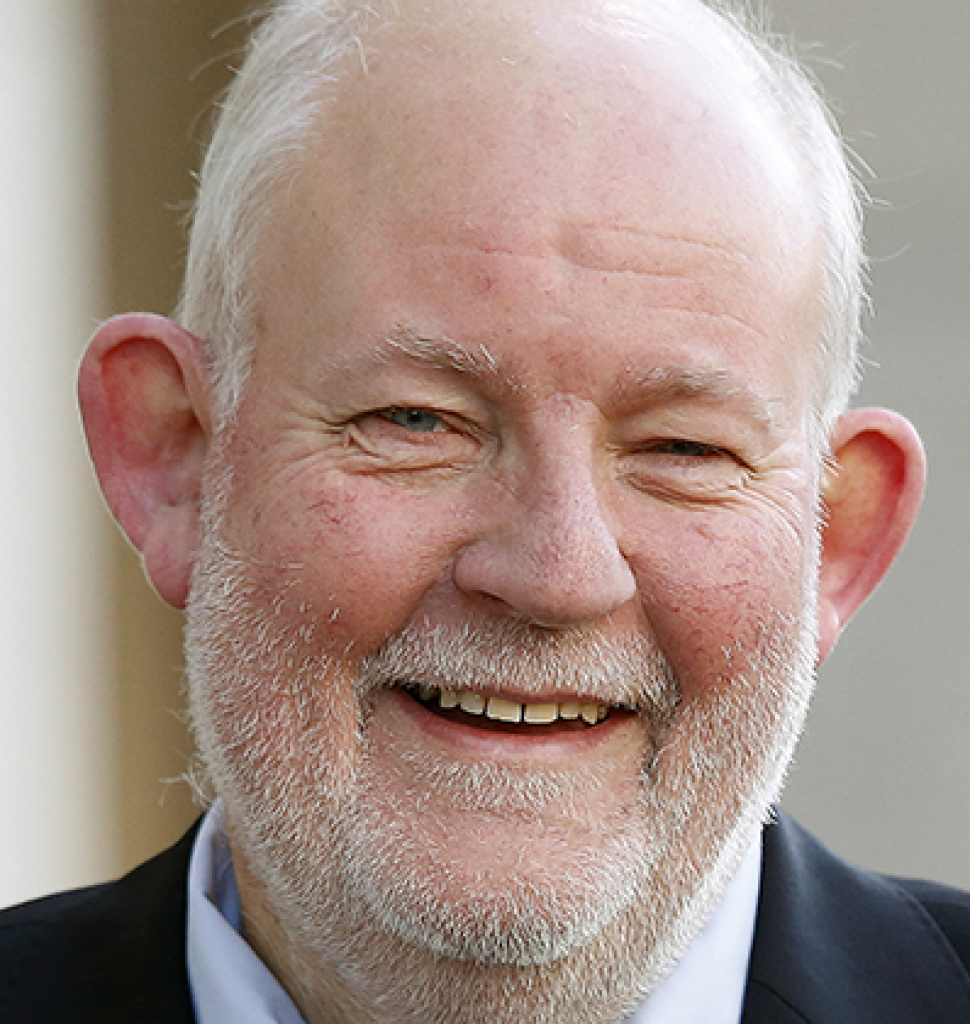Ofsted reforms will “strip down inspection” and “take out everything that amounts to a serious review of what’s taught and how it’s taught”, a former chief inspector has warned.
Baroness Spielman told an Education Policy Institute and Cambridge OCR fringe event at the Conservative Party conference today that “there will no longer be any real subject inspection, which is a worrying place for us to be”.
Ofsted’s report card reforms will reduce the emphasis on curriculum that was ramped up during Spielman’s tenure between 2017 and 2024. Subject-level deep dives have been scrapped, and the inspectorate has also pared back its curriculum teams.
But Spielman, now a Tory peer, said “if the government is serious about curriculum” in key stage 2 and 3, “it would not be doing what it’s doing, to strip down inspection and take out everything that amounts to a serious review of what’s taught and how it’s taught.
‘One quick look at subjects’
“The residual bit of subject inspection is going to be essentially one quick look, at the timetable and chat to the senior team. It’s not real. There will no longer be any real subject inspection, which is a worrying place for us to be.”
The discussion this afternoon was about upcoming curriculum reforms.
It comes after Schools Week revealed ministers plan to introduce a reading check for year 8 pupils, amid concerns poorer pupils fall behind in early secondary.
It will be the first statutory assessment for pupils in key stage 3 since SATs for year 9s were scrapped in 2008.
Spielman told the panel discussion that “I do think losing key stage 3 tests and the key stage 2 science test was a mistake, and that’s part of what’s contributed to key stage 3”.
The panel also discussed concerns about the volume of assessment at GCSEs and about the proportion of pupils not getting what the government deems a “standard pass” in English and maths, leading to a churn of re-sits.
‘The problem isn’t GCSEs’
Spielman said “people have rightly identified that we haven’t got anything in the system at the moment that really serves that purpose of defining a minimum expected level at age 16”.
She said a GCSE grade 4 (previously a C) “was never intended to define the minimum level that everybody should reach. That’s a spin that’s been put on it more recently.
“GCSEs are designed to grade on the full range of grades, to show the distribution, the ranking of the cohort, not to define that minimum level.”
She said the grade 4 had “come to be used in a way that is simply wrong for the kind of graded general examination that it is.
“But the wrong inference is drawn that somehow it means there’s something wrong with GCSE. It’s not that, it’s that there’s a different thing that should exist that doesn’t, in my view.”
On the volume of assessment, she said “the total amount of time for assessment through secondary education probably reduced, not increased, with the removal of the modularisation and the all the re-sits that were happening, so that it’s a complicated picture”.
Cut testing by switching to ‘overall GCSE grades’
But the former chair and chief regulator of Ofqual said an “obvious way” of cutting down the amount of assessment and time for exams in year 11 was to “move back to what we used to do with the school certificate and most other countries do with their age 16 assessment”.
The school certificate was issued to pupils who achieved a pass in a group of subjects including English and maths. It was abolished in 1951.
Such a change would involve a “move away from our slightly strange demand for high reliability at the level of each individual subject, towards reliability at the level of the pupil”.
She pointed to the French “brevet” qualification, an overall diploma also awarded based on tests of several key competencies.

Spielman said they “do the totality of the assessment for their equivalent of GCSEs in one week. I think South Korea does it literally over a weekend, on a Saturday and a Sunday.
She said English and maths needed a “reasonably high level of reliability”, but “beyond that, ranking and selection” at age 16 led our system to “sacrifice an enormous number of weeks of children’s lives to getting that reliability that doesn’t really have any value”.
“If we were to go back to…it’s an overall GCSE grade you get with a specific sub grade in each of English and maths, we could drastically pare back the amount of assessment.”
During the panel, Charles Clarke, the former Labour education secretary, joked that Spielman’s idea “fell foul of the revolutionary versus evolutionary model” adopted by Professor Becky Francis’s curriculum review.
“I know you’re a natural revolutionary, and I’m sure that’s why you took on a Tory peerage in the House of Lords.”
















I think Spielman has done enough damage to education in her tenure at Ofsted, perhaps she should enjoy her retirement and Lords income and but out of Education and give us all a break.
This article highlights the issue with Ofsted. One person that was responsible for inspecting schools for 5 years feels that another person, who is now responsible, is not doing a good enough job. Amanda Spielman fails to recognise that her view of education is not necessarily correct. Neither does Ofsted as long as it changes every 5 years depending on what the chief inspector decides to do. All while thousands of professionals work in classrooms diligently to get the best outcomes for the pupils they teach day in day out, with budget stretched and resources dwindling since 2012. Schools and leadership teams threatened by ever changing Ofsted guidance.